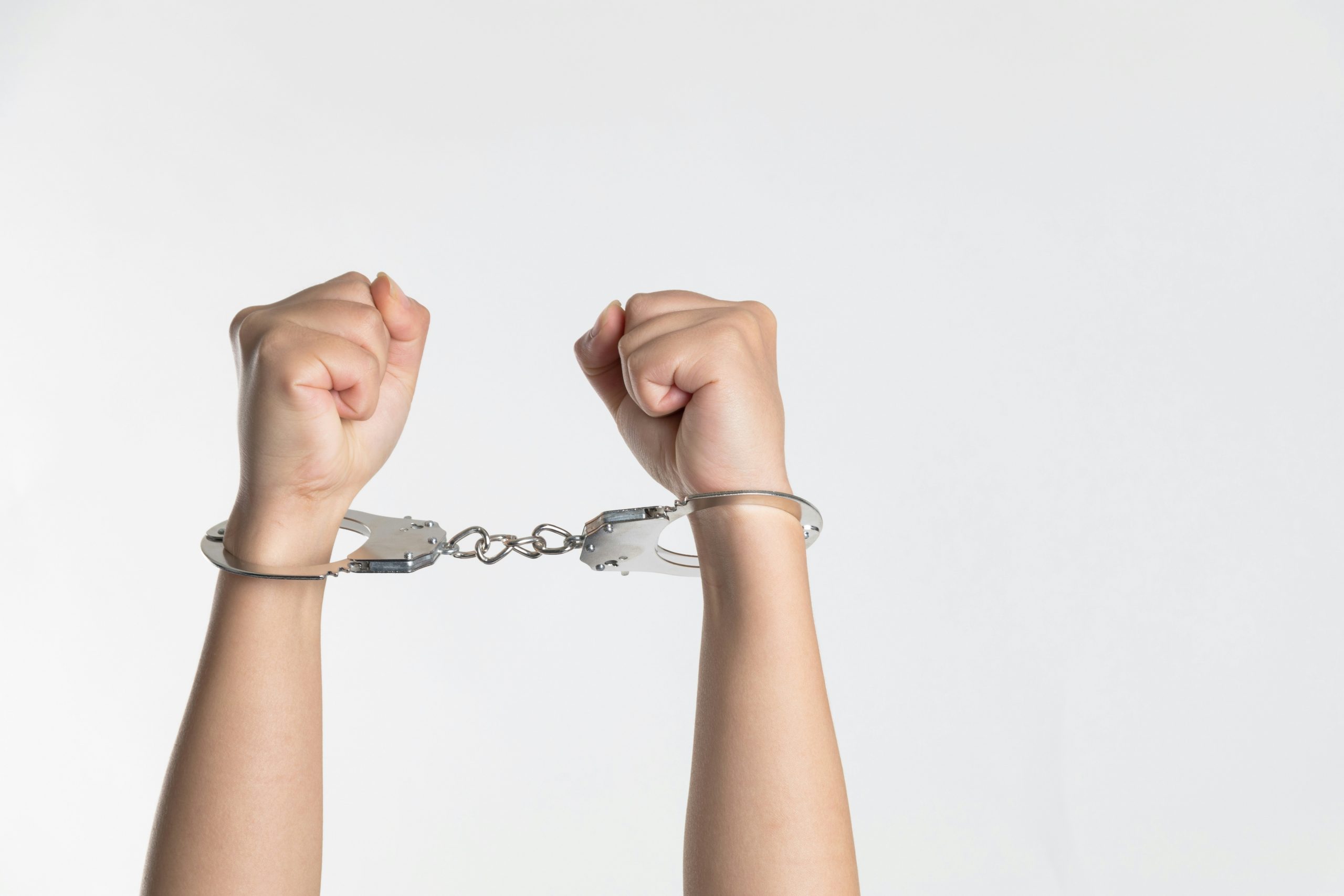
News Writer Jimmy Simpson reports on Hong Kong Court Convicting 14 Pro-Democracy Activists in Landmark Trial
On Thursday, May 30, a Hong Kong court found 14 pro-democracy activists guilty of subversion in the largest national security trial in the region’s history. Among those convicted were former lawmakers Leung Kwok-hung and Helena Wong, as well as journalist Gwyneth Ho, who were part of a larger group of 47 activists charged with attempting to ‘overthrow’ the government in 2020 by organising an unofficial primary to select candidates for the Legislative Council.
The 14 activists were convicted under the National Security Law introduced by the Chinese government in 2020. The law, implemented in the wake of protests that erupted in 2019 in response to a controversial extradition law proposed by Beijing, criminalises anything regarded as secession, subversion, terrorism, or collusion with foreign or external forces. Hong Kong’s NSL has proved extremely controversial, with the British Foreign Secretary David Cameron describing it as ‘a clear breach’ of the agreement made between China and the United Kingdom as part of Hong Kong’s handover in 1997.
Justifying the ruling, the court stated that the activists would have ‘created a constitutional crisis for Hong Kong’ had they been elected to the legislature. The court further claimed that, had the pro-democracy activists successfully sought election, they would have attempted to ‘veto or refuse to pass any budgets’ introduced by the legislature. This would have led, the court argued, to ‘serious interference in, disrupting or undermining the performance of duties and functions in accordance with the law by the (Hong Kong) government’. Moreover, an official claimed that the activists had been engaged in ‘disorderly conduct’.
“Justifying the ruling, the court stated that the activists would have ‘created a constitutional crisis for Hong Kong’ had they been elected to the legislature.
Of the 16 defendants brought to trial, two – former district councillors Lawrence Lau and Lee Yue-Shun – were acquitted on the grounds that the court ‘cannot be sure’ whether they were ‘parties to the scheme’ or ‘had the intention to subvert the state’s power’. Nevertheless, the justice department has stated that it will appeal the acquittals.
Along with the trial of billionaire Jimmy Lai, the case has drawn widespread attention and criticism, with many, particularly in the West, arguing that it demonstrates China’s use of the National Security Law to suppress dissent. Beijing has refuted these claims, asserting that the NSL has successfully restored stability to Hong Kong since the end of the 2019 protests. Responding to the recent verdict, British Minister for the Indo-Pacific Anne Marie Trevelyan argued that it ‘will only further tarnish Hong Kong’s international reputation. It sends a message that Hong Kongers can no longer safely and meaningfully participate in peaceful political debate’.
Sentencing is expected to take place at a later date, with those deemed the ‘principal offenders’ among the 14 convicts potentially facing a prison sentence of more than 10 years and even up to life imprisonment.
Read more News updates here:
Study Provides New Insights into UK Neurodiversity
Birmingham Business School Receives Prestigious Global AMBA Award for Deloitte Partnership
Women’s Unions Warn Cuts to Public Services in England Will ‘Reverse’ Gender Equality
Comments